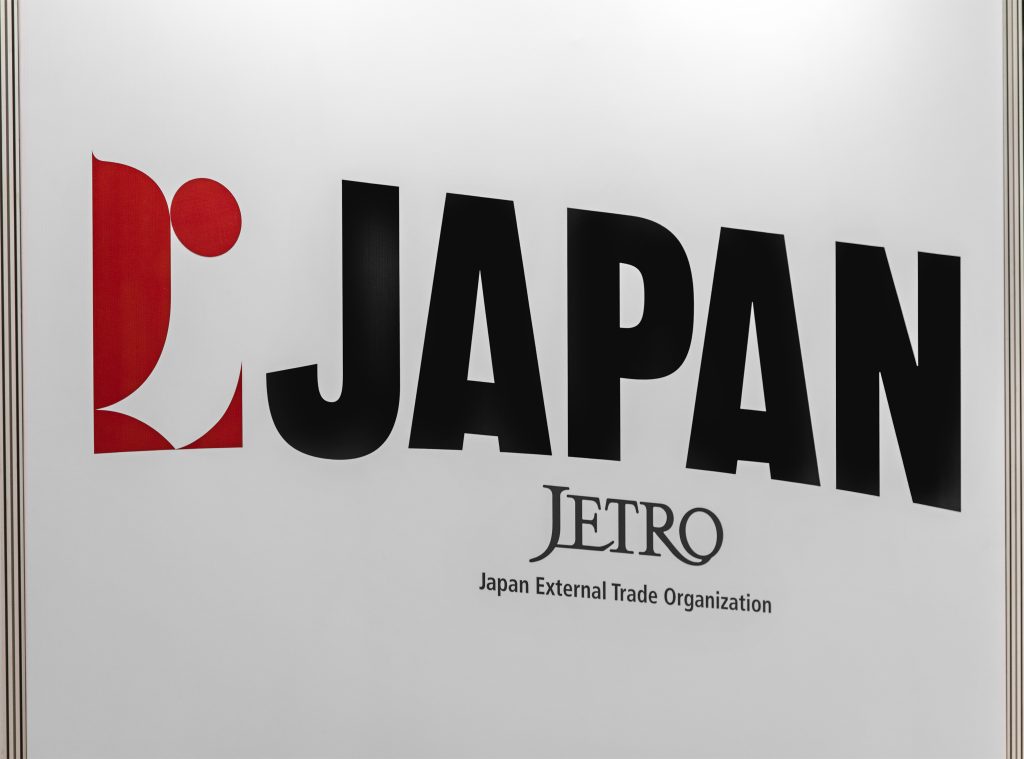
- ARAB NEWS
- 18 Jul 2025

One Carlo Diaz Dubai
DUBAI: The Middle East remains an untapped market for small to medium-sized Japanese businesses, a trade official said.
Small to medium-sized Japanese companies have yet to fully maximize the “potential” of the Middle East and Africa (MEA) market, according to Tomohiro Tsuchiya, an Executive Director at the Japan External Trade Organization (JETRO) in Dubai.
JETRO is a government body that promotes trade and investment between Japan and other countries.
“Most Japanese companies are still focusing on East Asian markets, the US, and European countries,” he told Arab News, saying there was ‘not enough’ attention given to the region.
Tsuchiya said this was mainly because of a scarcity of “information about the Middle East” in his home country.
“What we do is we organize seminars in Japan to inform companies about current situations. We provide necessary information about setting up a business in Dubai. We provide opportunity for Japanese companies to meet potential partners in the UAE,” he explained.
According to Tsuchiya there are little more than 400 Japanese businesses in the UAE as of January 2020, but JETRO want to increase this, particularly focusing on three sub-sectors in the coming years – innovation or start-ups, food, and healthcare.
“Now, we are focusing on different sub-sectors: One is innovation - the start-ups. There's a number of start-ups in Japan who have cutting-edge skills and services,” he said.
He added: “Second is food – Japanese food. For around 10 years, we have been participating at Gulf Food. We have been supporting Japanese companies to export their food-related products in the Middle East.”
Tshuchiya said health was another important issue in the region, saying “Japanese companies have capabilities they can bring into the health sector” of the region.
Although Japanese SMEs have not had a strong presence in the region, Tsuchiya indicated that both the UAE and Japan have long been good trading partners.
According to the Japanese Ambassador to the UAE, Akihiko Nakajima, the number of Japanese corporations has “steadily been increasing” over the last six years.
Bilateral trade between Japan and the UAE was recorded at US$7.46 billion in the first quarter of 2019, according to the Japanese diplomat who was speaking to state news agency WAM.
A trade agreement between the two countries was signed last year when Japan’s Prime Minister Shinzo Abe paid an official visit to Abu Dhabi. The agreement was meant “to promote and protect investments” from both sides.
Abe is in the UAE again after visiting Saudi Arabia.
JETRO’s Tsuchiya said Dubai in particular was a special place for Japanese companies, as it acted as a business hub.
“Although the UAE has a relatively small market, this is a hub. Most Japanese countries would have their companies based here, but most of them are doing business with neighboring countries and Africa,” he said.
According to a 2019 survey by JETRO, 75 percent of Japanese companies in the UAE regard the “merits of free zone and special economic zones” as one of the biggest advantages of doing business in the country, followed by a lax taxation system.
Moving forward, JETRO aims to capitalize on the “many opportunities for Japanese start-ups” in the region.
“We are focusing more and more on innovation in the next few years,” Tsuchiya said.